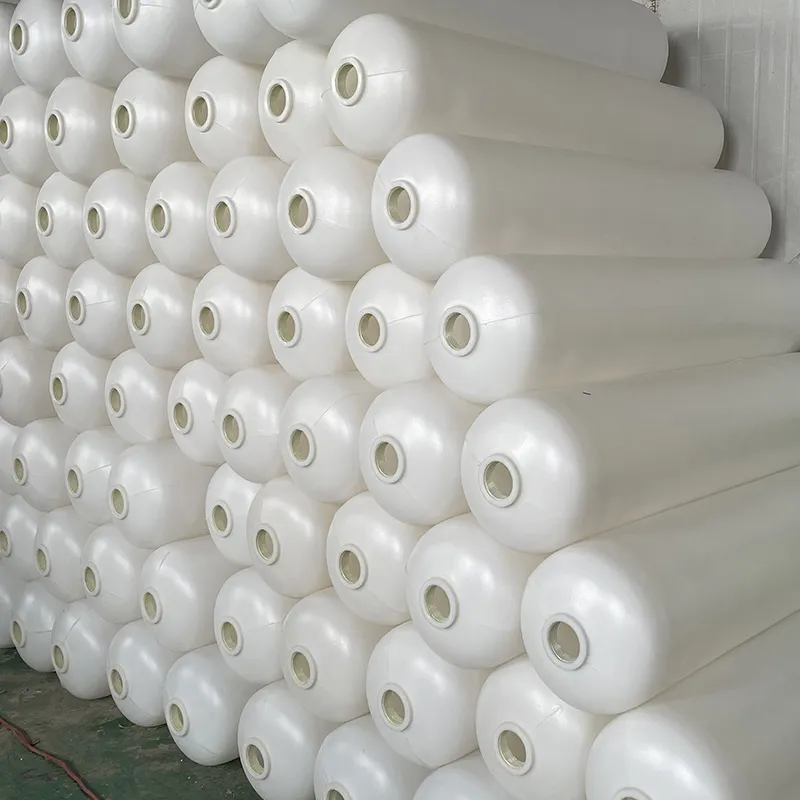loading...
- No. 9, Xingyuan South Street, Dongwaihuan Road, Zaoqiang County, Hengshui, Hebei, China
- admin@zjcomposites.com
- +86 15097380338
- Welcome to visit our website!
Understanding Pressure Vessel Filters for Enhanced Safety and Efficiency in Industrial Applications
Understanding Pressure Vessel Filters Function and Importance
Pressure vessels play a crucial role in many industrial processes, including chemical manufacturing, oil and gas exploration, and power generation. Within these systems, pressure vessel filters serve an essential function in ensuring the integrity, efficiency, and safety of operations. This article aims to delve into the significance of pressure vessel filters, their working mechanism, types, and applications.
What Are Pressure Vessel Filters?
Pressure vessel filters are specialized devices designed to separate particulates and contaminants from fluids in high-pressure environments. They are integral to maintaining the operational integrity of pressure vessels by preventing clogging, corrosion, and mechanical failures. Filters can be found in various configurations, including inline filters, basket strainers, and cartridge filters, each suited for specific applications and operational requirements.
Importance of Pressure Vessel Filters
1. Protection of Equipment The primary role of pressure vessel filters is to protect downstream equipment from harmful contaminants. Particulate matter, such as rust, dirt, and other foreign substances, can cause wear and tear on components like pumps, valves, and heat exchangers. By filtering out these particles, pressure vessel filters considerably extend the life of expensive machinery.
2. Enhanced Operational Efficiency Clogged filters can lead to decreased flow rates and potential breakdowns. By ensuring that only clean fluids enter the system, filters help maintain optimal performance levels. This is particularly critical in industries where high pressure and flow rates are required for peak efficiency.
3. Safety The operation of pressure vessels often involves hazardous materials and extreme conditions. A failure in the system can lead to catastrophic accidents. By effectively removing contaminants that could cause failure, pressure vessel filters contribute significantly to safety protocols.
4. Regulatory Compliance Many industries are subject to strict regulations concerning the quality and safety of their operations. Proper filtration helps companies meet these regulatory standards, thereby avoiding fines and enhancing their reputation in the market.
Types of Pressure Vessel Filters
There are several common types of filters used in pressure vessels, each with unique features and applications
pressure vessel filter

- Inline Filters These filters are installed directly into the flow line and are designed to filter out debris and particulates as the fluid passes through. They are commonly used in various industries, including oil and gas, marine, and pharmaceuticals.
- Basket Strainers Basket strainers consist of a straining element in a basket configuration, allowing for easy cleaning and maintenance. They are ideal for applications where larger particles and debris are present.
- Cartridge Filters These filters use replaceable cartridges and are highly effective in applications requiring fine filtration. They can be used for both liquid and gas filtration and are commonly found in water treatment and food processing industries.
Applications of Pressure Vessel Filters
Pressure vessel filters find applications across diverse industries
- Chemical Processing In chemical manufacturing, filters ensure that process fluids remain free from particulates, which can affect product quality and yield.
- Oil and Gas In the oil and gas sector, filters protect upstream and downstream equipment by removing contaminants from crude oil, natural gas, and water injection systems.
- Power Generation In power plants, filters help keep cooling water and other fluids free from debris, ensuring that heat exchangers and turbines operate efficiently.
- Water Treatment Filters are essential in various water treatment processes, where they remove impurities before water is distributed for residential or industrial use.
Conclusion
In summary, pressure vessel filters are indispensable components in maintaining the efficiency and safety of various industrial processes. By acting as barriers against contaminants, these filters protect essential equipment, enhance operational performance, and ensure compliance with safety regulations. As industries continue to evolve, the demand for advanced filtration solutions will likely increase, emphasizing the need for continued innovation in pressure vessel filter technology. Understanding the types, functions, and applications of these filters is vital for anyone involved in operations that rely on pressure vessels, ultimately contributing to sustainability and efficiency across the board.
-
The Rise of FRP Profiles: Strong, Lightweight, and Built to LastNewsJul.14,2025
-
SMC Panel Tanks: A Modern Water Storage Solution for All EnvironmentsNewsJul.14,2025
-
GRP Grating: A Modern Solution for Safe and Durable Access SystemsNewsJul.14,2025
-
Galvanized Steel Water Tanks: Durable, Reliable, and Ready for UseNewsJul.14,2025
-
FRP Mini Mesh Grating: The Safer, Smarter Flooring SolutionNewsJul.14,2025
-
Exploring FRP Vessels: Durable Solutions for Modern Fluid HandlingNewsJul.14,2025
-
GRP Structures: The Future of Lightweight, High-Performance EngineeringNewsJun.20,2025
